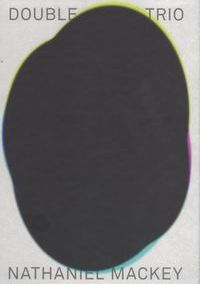Brothers: A Novel
5 Questions to Consider While Reading
- In a celebrated address, the Nigerian writer Chimimanda Ngozi Adiche cautions against “the dangers of a single story” that readers demand of authors from the non-West. How does Brothers both conform to and challenge the presumed “single story” of modern China?
- In contrast to the English edition, which was published in a single volume, the original Chinese version of Brothers was originally published in two volumes in consecutive years, separating the story of Baldy Li and Song Gang’s childhood from their later-in-life adventures. Do you think these different publication strategies would affect the way the reader understands the protagonists’ story?
- In a conversation about writing Brothers, Yu Hua said that he was tired of the cliché of the modern Chinese writer as an all-knowing expert—a doctor, diagnosing the ills of society. “I wanted to write as the mad patient in need of a cure,” he said. What do you think Yu Hua means, and how does this logic play out in the telling of Brothers?
- Brothers in some ways is about parents and children, and the lengths to which parents will go to protect their children from a world gone mad. For instance, Li Lan, the boys’ mother, makes some extreme choices throughout the story. Are her actions comprehensible?
- Beginning with the very first sentence, the novel repeatedly refers to “our Liu Town.” How do you understand this collective first-person “we/us” in the novel?
Biography
Eileen Cheng-yin Chow and Carlos Rojas teach modern Chinese cultural studies at Duke, in the Department of Asian and Middle Eastern Studies. Eileen is the Director of Graduate Studies of Duke’s Master’s Program in East Asian Studies, and Carlos is the founding co-director of the Humanities Research Center at DKU. In addition to translating Yu Hua’s Brothers, their other co-productions include two co-edited volumes (Rethinking Chinese Popular Culture: Cannibalizations of the Canon and The Oxford Handbook of Modern Chinese Cinemas); they are also co-editors of the ongoing Sinotheory book series for Duke University Press; and in 2015, they co-founded Story Lab at Duke. They also share three kids, ages 23, 17, and 12.


